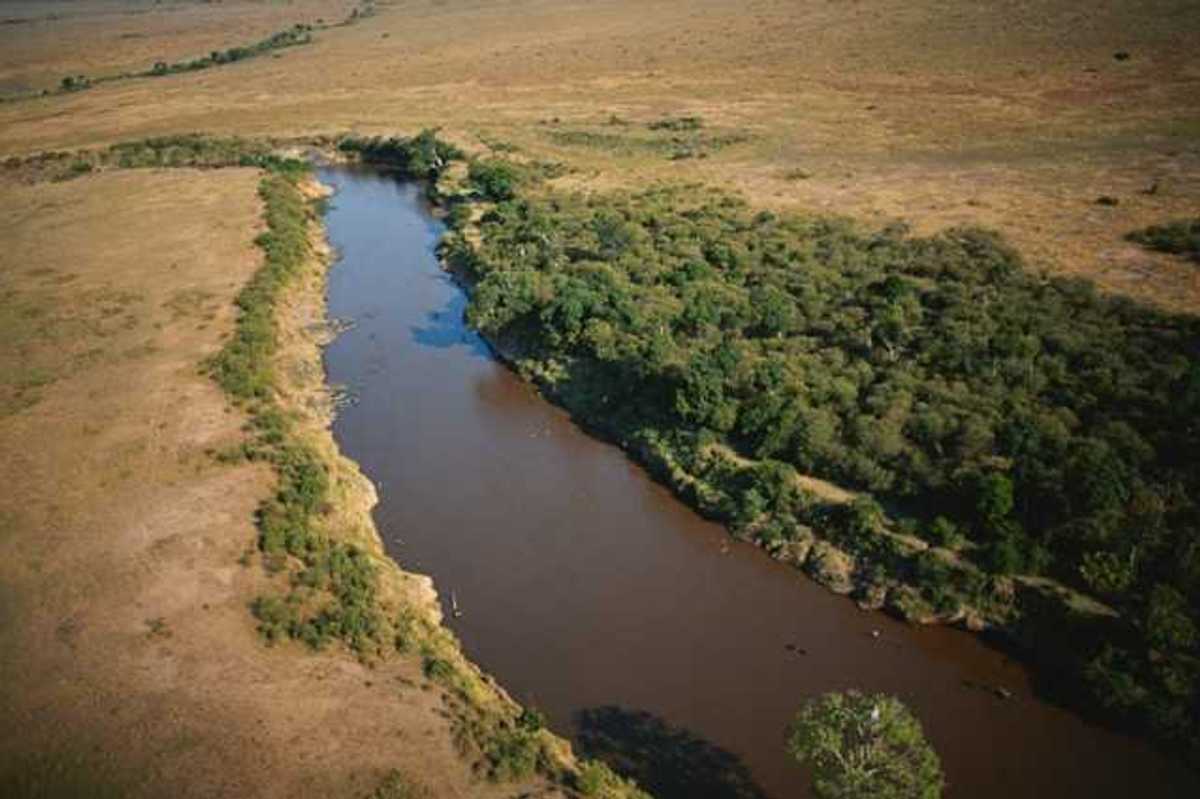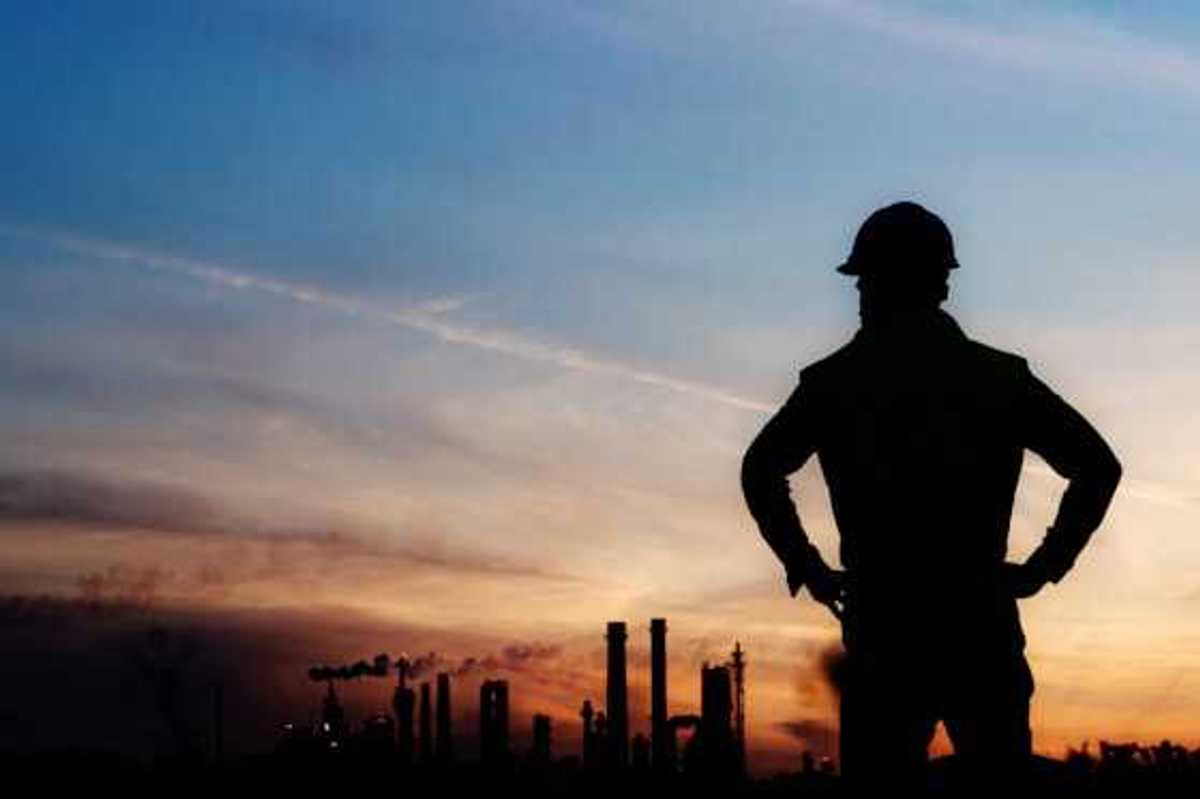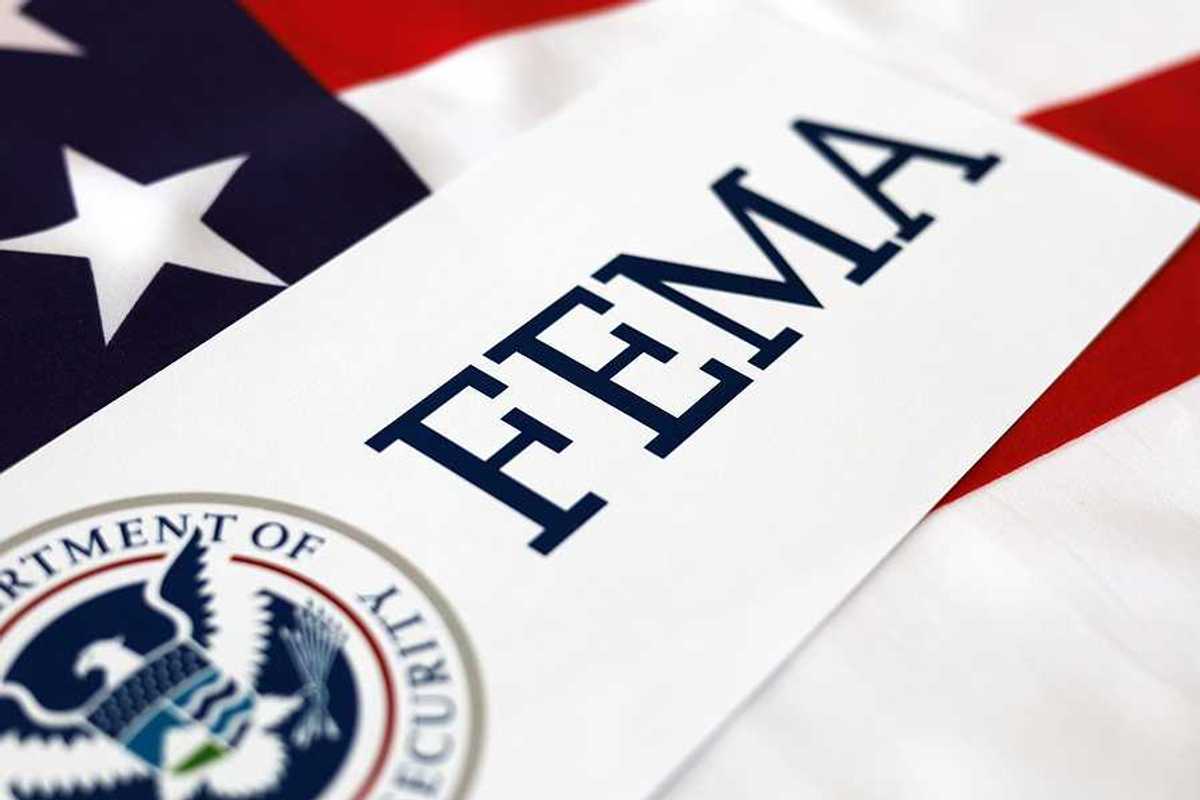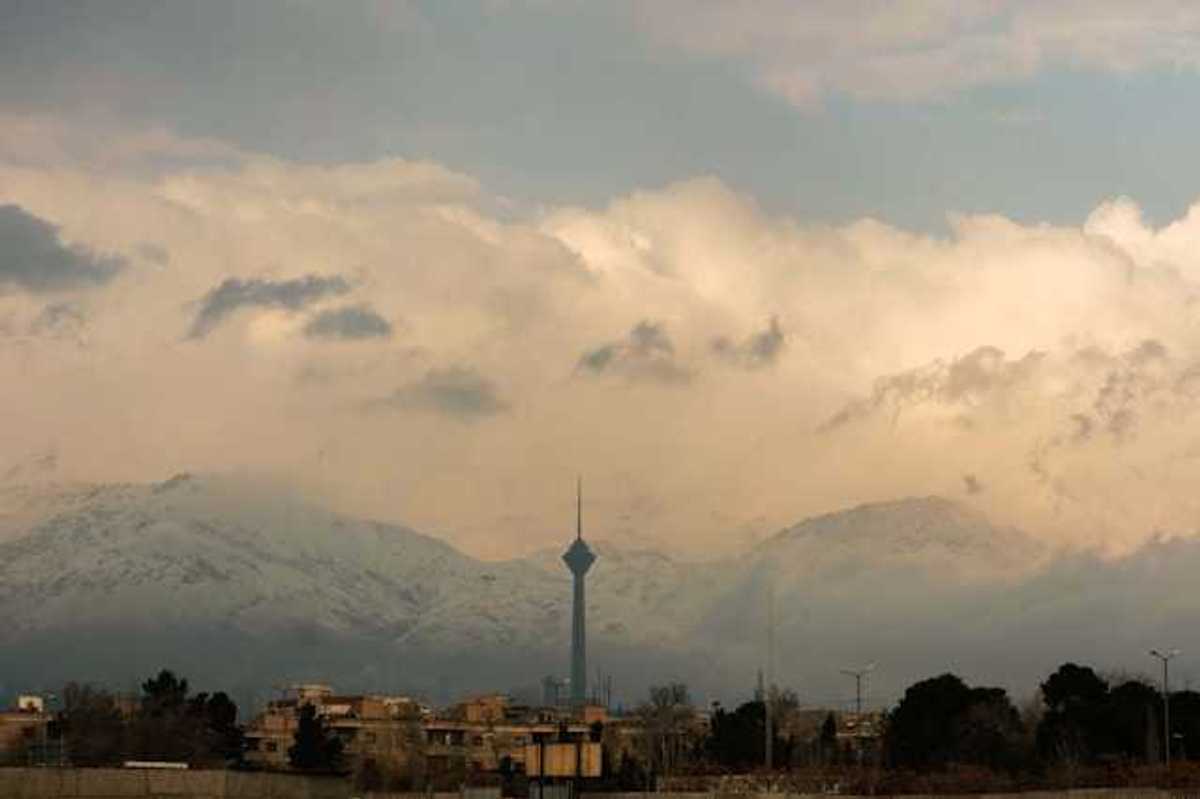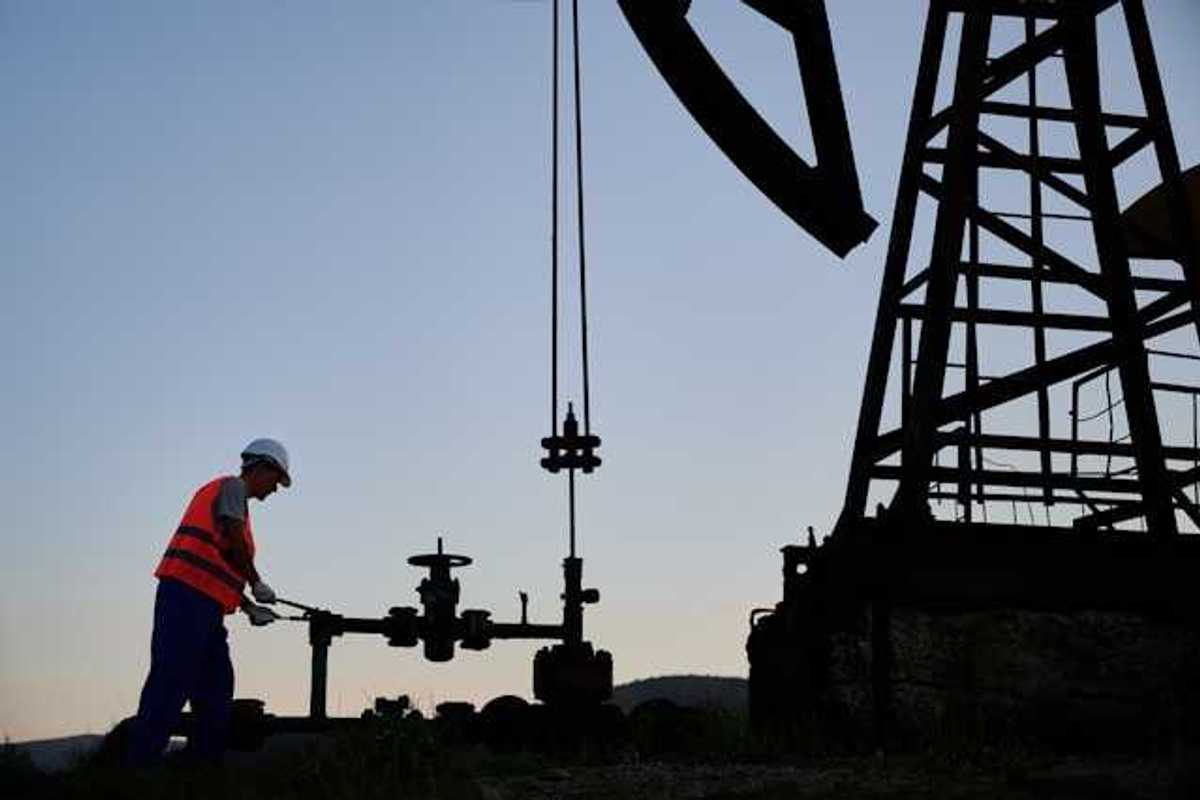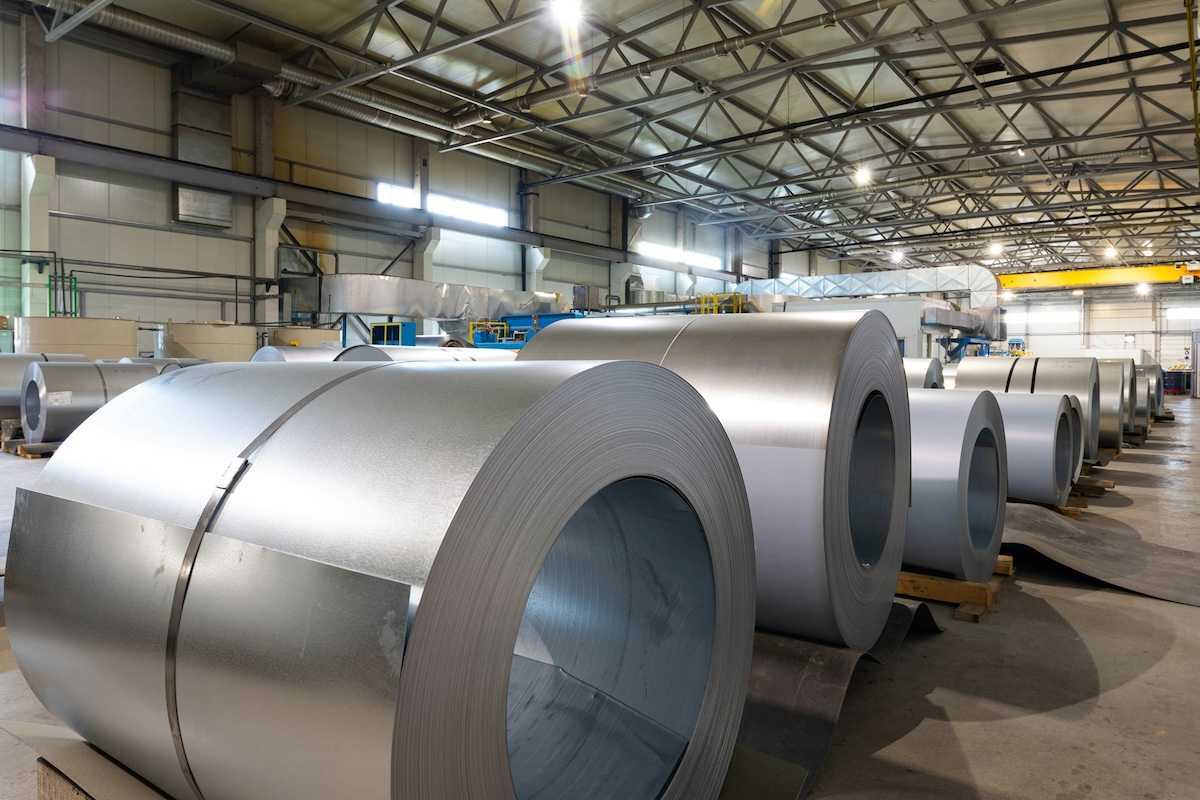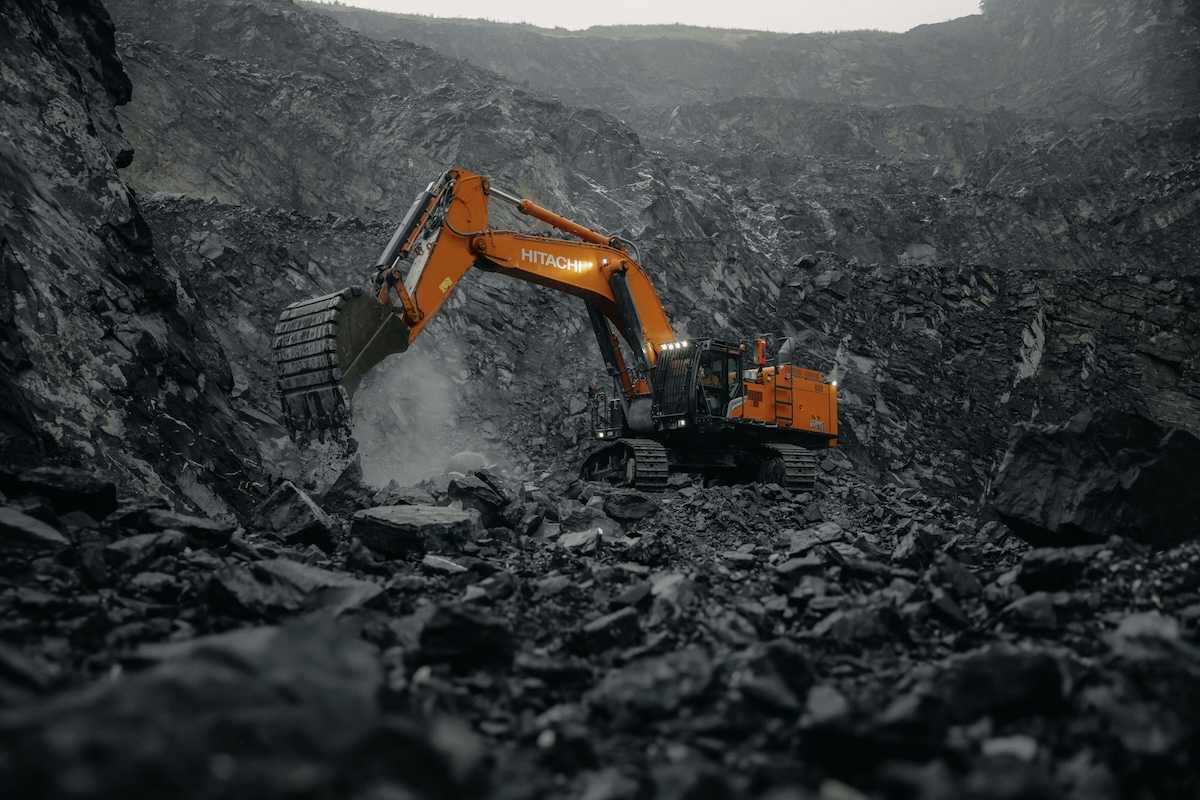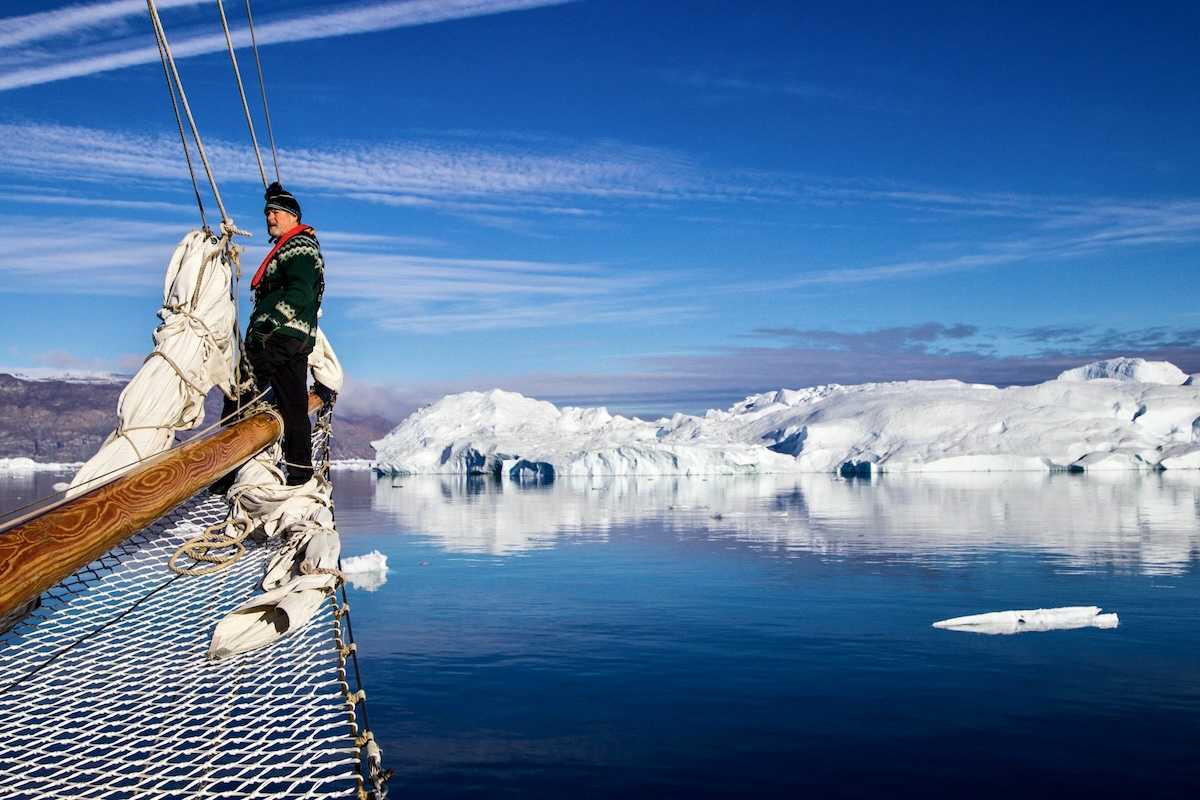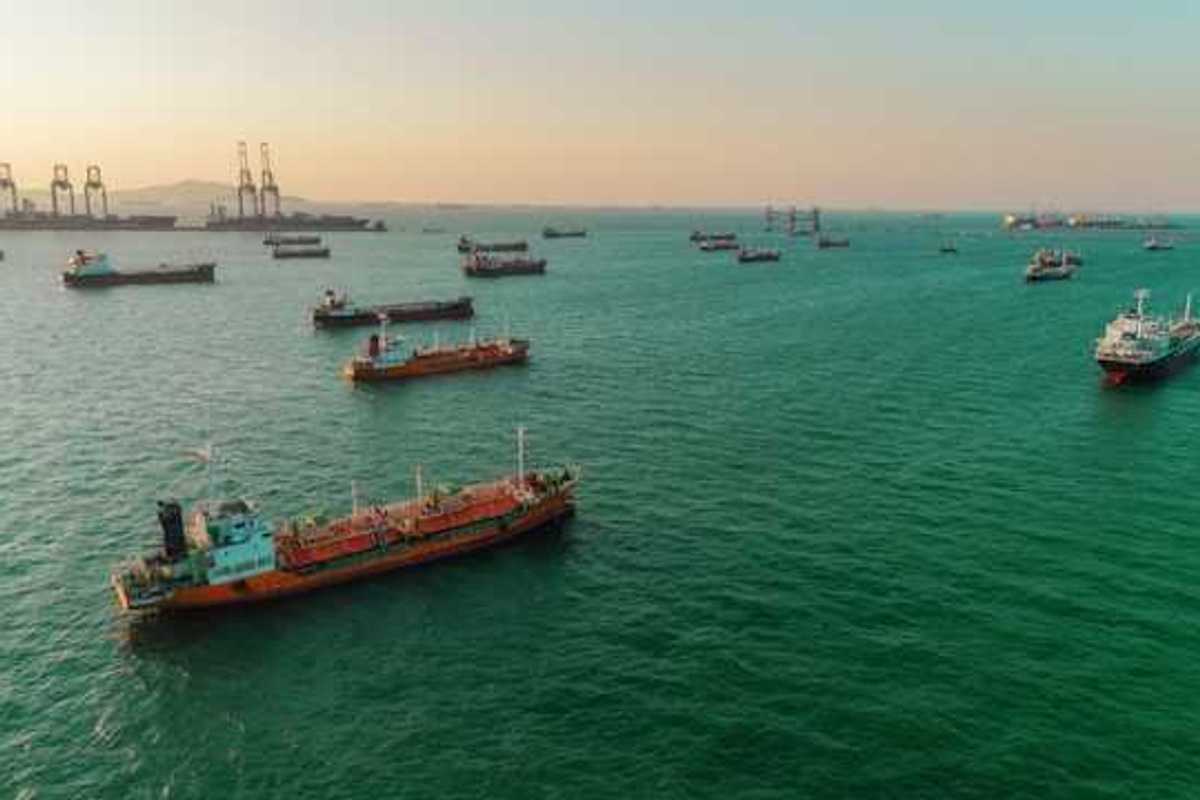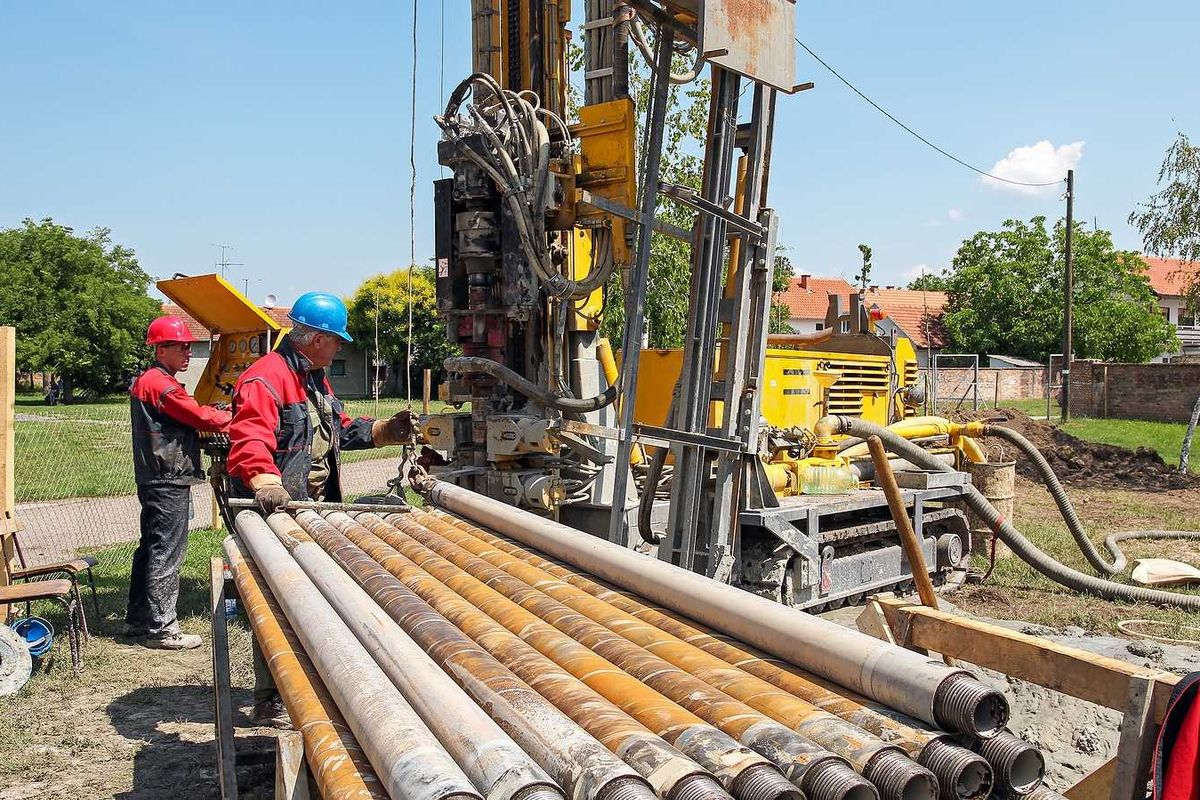A massive plume of Saharan dust is currently sweeping across the Mediterranean and into Western Europe, bringing with it orange sunsets, hazy horizons, and a fine layer of desert sand that will coat everything from windscreens to solar panels.
Newsletter
Brazil bet big on a mega river dam using old data, but climate change is leaving its massive turbines high and dry.
New Mexico has spent $225,000 in staff time fighting Targa over emission infractions, some that the company reported itself.
If you were to design a scheme to deliberately accelerate climate change, you couldn’t do much better than an airline loyalty program.
Though tech companies are secretive about water usage, Arizona’s 150-plus data centers and chip factories use a tiny fraction of its supply.
The report says more than 1,000 Federal Emergency Management Agency contracts, grants or disaster aid awards have been delayed or remain pending, including for victims of July’s deadly flooding in Texas and Hurricane Helene in 2024.
Higher energy prices could make green alternatives more attractive, but harder to deploy.
A high-level EU diplomat says Europe is focused on nuclear and renewables, as India makes a play for Canadian oil and gas.
As demand for the metal soars, the country is pursuing policies that will spur more smelters to run on clean electricity.
The proposed expansion of Signal Peak Energy’s Bull Mountains Mine has also revived scrutiny of a controversial land swap bill that would deprive Musselshell County of tax revenue.
Greenland’s fishermen are struggling as warming weather from climate change makes the sea ice unreliable and the fish harder to predict.
Low-elevation snowfall hit new record lows and temperatures soared to new highs at almost every station in the state.
The U.S. Department of Agriculture has agreed to share key datasets behind its climate risk tools after environmental and farming groups sued over the removal of climate-related webpages.
Conservationists are struggling with their mental health for many reasons, but one of the largest is watching ecological destruction in real time.
A new life-cycle analysis reveals that bio-based plastics are better for the climate but worse for biodiversity. The greenest option is reducing demand.
A halt to shipping in strait of Hormuz and attacks on Middle East refineries are threatening supplies and stoking inflation.
The war on Iran has exposed the "horrendous costs” of fossil fuel dependence, as climate groups call for a swift transition to clean energy.
The Houston firm aims to raise $200 million to develop a next-generation geothermal plant in Oregon as the technology gains momentum with investors.
Journalism that drives the discussion
Copyright © 2017 Environmental Health Sciences. All rights reserved.
Copyright © 2017 Environmental Health Sciences. All rights reserved.


